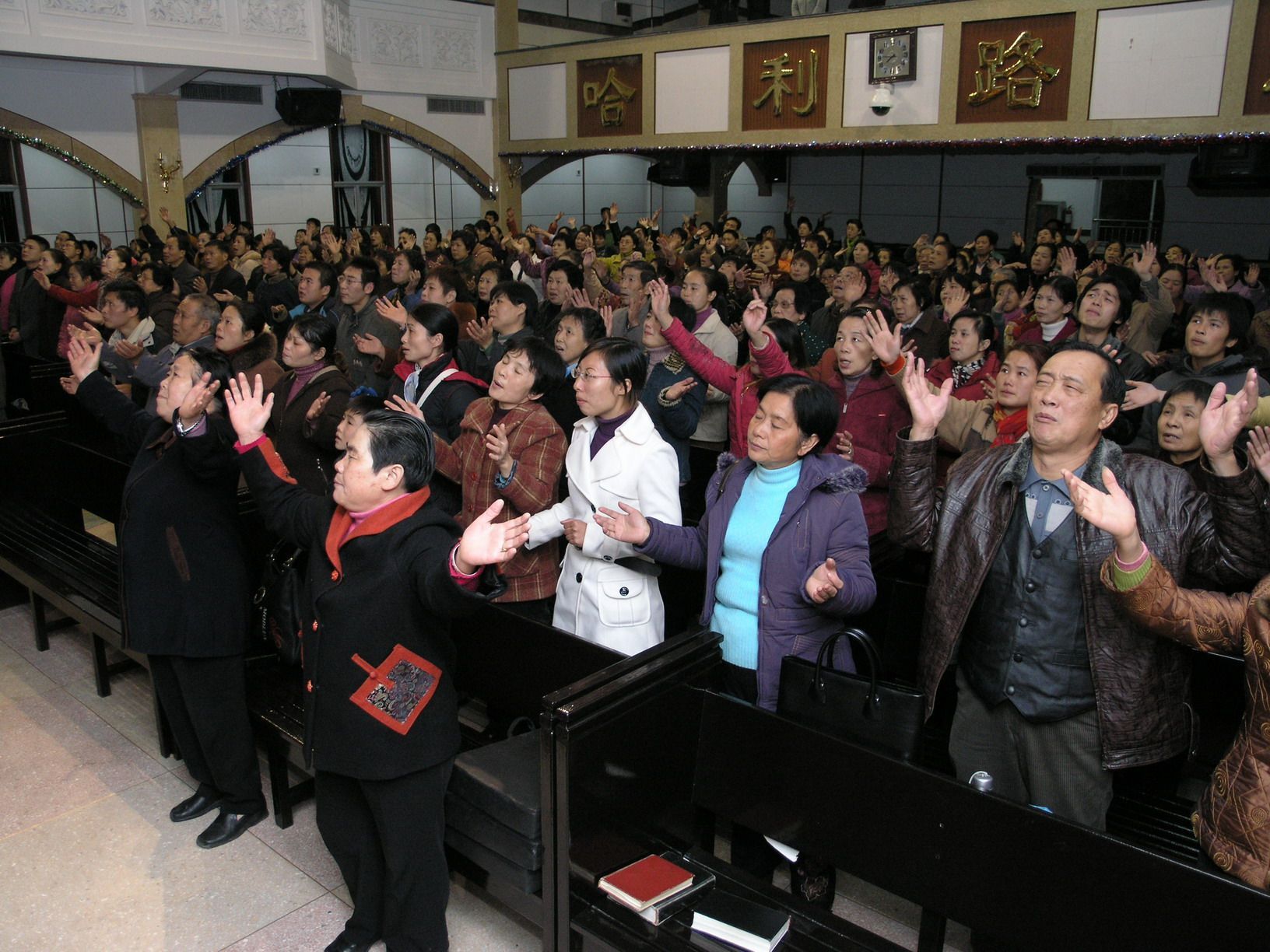© This article is an extract from Paul Hattaway's epic 656-page China’s Book of Martyrs, which profiles more than 1,000 Christian martyrs in China since AD 845, accompanied by over 500 photos. You can order this or many other China books and e-books here.
1900 - Howard & Jennie Clapp
July 31, 1900
Taigu, Shanxi
Howard and Jennie Clapp.
Dwight Howard Clapp preferred to be known by his middle name. On one memorable Sunday in 1893 the Protestant Church in Taigu was birthed when 12 Chinese were baptized together. Clapp wrote, “All our hearts were melted at the spectacle,” while the ceremony left him “so full of feeling, I could scarcely speak.”[1] Clapp headed up the literature work of the American Board mission, distributing thousands of gospel tracts, calendars, hymnals, and other books over a widespread area.
In June 1900 the missionaries at Taigu paid little attention to rumours of impending death, considering it “foolish talk” and unlikely to materialize. Jennie Clapp “belittled the threats, though she admitted to feeling uncomfortable. Her husband Howard was planning on going on a preaching tour into the mountains and saw no reason to cancel it.”[2] All this changed when news of the July 9th slaughter of missionaries at Taiyuan reached Taigu.
For approximately three weeks the Taigu missionaries nervously waited for the Boxers to attack them. During this time a sharp debate arose between those missionaries who had armed themselves with revolvers and planned to defend their lives should the Boxers attack, and those missionaries, including Howard Clapp, who strongly believed Christians should never take up arms under any circumstance. Clapp declared, “We who believe in the Lord ought not to put our trust in arms, but we should meet death trusting in the Lord.”[3] The debate between the missionaries reportedly “raged back and forth, putting everyone on edge. One day their spirits were up, the next day their spirits were down. The constant mood swings created an atmosphere of short tempers and frequent quarrels.”[4]
The Clapps reluctantly agreed to try to flee for the mountains with the other missionaries. Howard had argued against the plan, telling his colleagues, “It will be no harder to die here on our premises than in the hills.”[5] Before they had the chance to leave the city, the magistrate locked the city gates and ordered the missionaries to remain where they were. Howard commented, “Well, friends, he’s got us cooped up here so he can do it easily.”[6]
Howard Clapp’s diary was later recovered. His last entry was dated July 15:
“We still live…. I arose this morning very much perplexed and for a couple of hours was very unhappy but after breakfast we foreigners met and read John 14 and again cast ourselves on the Lord and now my heart is at peace. I have never enjoyed such peace at a time of anxiety and trial. The Lord is very good to us…. I am anxious now to keep my heart stayed on Christ. He is our help and our shield. This very likely is the last I can write unless the Lord should see fit to deliver us in a miraculous way.”[7]
Jennie Clapp’s Chinese cook later testified that he “saw Mr. Clapp, Mr. Williams, and Mr. Davis make a last vain effort to keep back the mob of hundreds of soldiers and Boxers, and saw Mrs. Clapp, Miss Partridge, Miss Bird, and Ruth Fan taking refuge in a little court in the back of the compound.”[8] The tide of hatred was too strong, and the missionaries were soon overpowered. One by one they were beheaded as the spiteful mobs bayed for their blood.
1. Brandt, Massacre in Shansi, 118.
2. Brandt, Massacre in Shansi, 186.
3. Brandt, Massacre in Shansi, 235.
4. Brandt, Massacre in Shansi, 236.
5. Brandt, Massacre in Shansi, 241.
6. Brandt, Massacre in Shansi, 201.
7. Cited in Brandt, Massacre in Shansi, 246-247.
8. Miner, Two Heroes of Cathay, 87.





